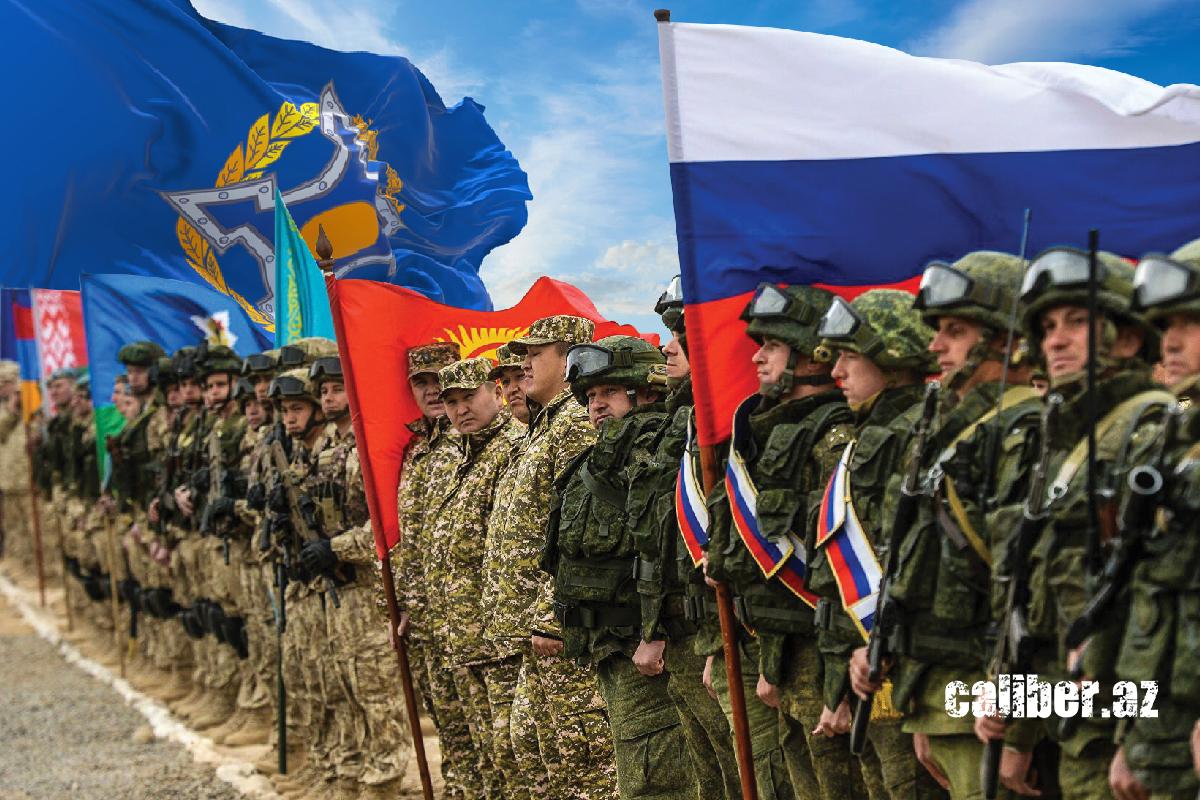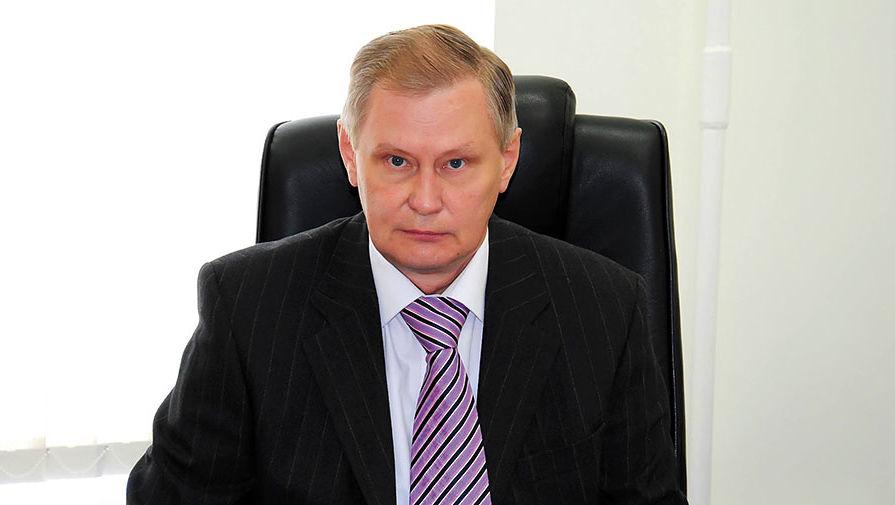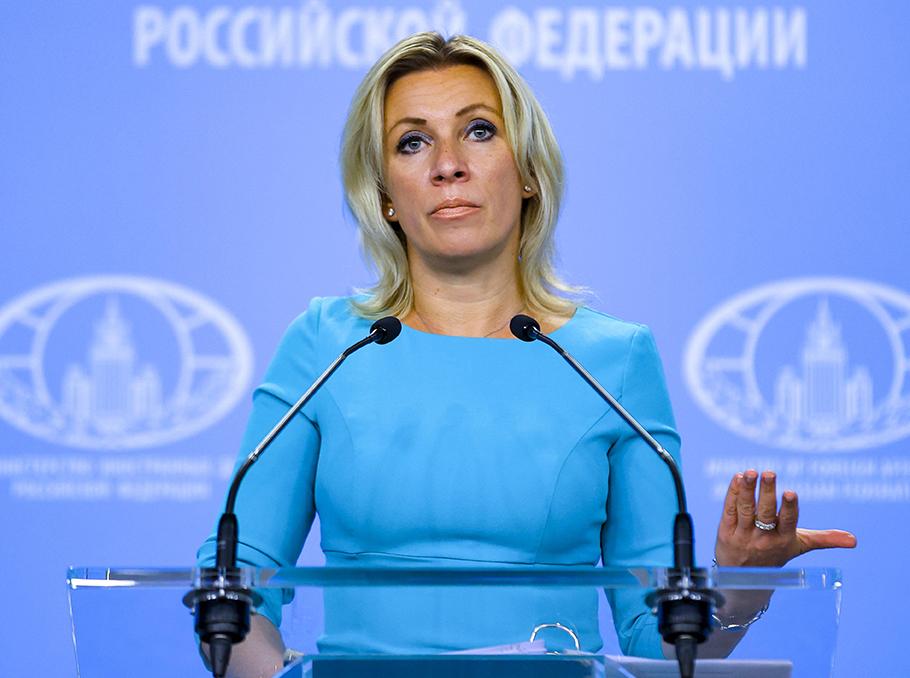Armenia's geostrategic isolation Navigating the loneliness of a South Caucasian nook
Perhaps, one shouldn’t part with old friends if enough guarantees are not received from new partners.
However, this seems to be alien to the Armenian current government. For several months, the Armenian government has been doing everything to sever old ties with Moscow and make Armenia more attractive to new friends - Paris and Brussels.
In this regard, Armenia's actions to limit cooperation with the Collective Security Treaty Organisation (CSTO), which includes a number of post-Soviet countries, become a priority.
Armenian Prime Minister Nikol Pashinyan openly announced his intention to leave this organisation if CSTO representatives do not answer questions regarding Armenia’s territorial integrity.
The matter rests in three main points. Why did the CSTO act as a neutral party during the 44-day second Karabakh war if Yerevan is its member? What is the CSTO’s responsibility towards Armenia? What are the red lines for Moscow in ensuring Armenia’s sovereignty of? Pashinyan noted that the answers must satisfy the Armenian side.
“Otherwise, the Republic of Armenia will leave the CSTO. I can’t say the exact date,” Pashinyan said.
The analysts noted that there are several reasons why Yerevan may be displeased with the responses of the CSTO and Moscow, the most influential member of the organisation.
First, the Collective Security Treaty Organisation is a collegial body, and most of its members are much friendlier to Azerbaijan than to Armenia.
Secondly, the implementation of the articles of this agreement related to the defence articles greatly depends on decisions which are made at the political level.
As the Armenian government led by Pashinyan almost immediately after coming to power began to distance from Moscow, it is difficult to imagine a situation in which the Kremlin will make every effort to save an unfriendly regime.
The most important thing is that the hostilities in autumn 2020 were held on the internationally recognised territory of Azerbaijan, to which the CSTO mandate does not apply.
As for Armenia’s intention to withdraw from the CSTO, the “first signal” was made in late November 2023, when Pashinyan refused to sign the final declaration and the project to render assistance to Armenia at the CSTO summit in Yerevan.
The Armenian government did not like that the declaration did not contain an unequivocal condemnation of Azerbaijan. Another controversial point was the issue of deploying the CSTO mission on the conditional Armenian-Azerbaijani border.
As a result, Russian Foreign Minister Sergei Lavrov noted that the Armenian side preferred to devote all its attention to dialogue with the EU rather than reaching an agreement with Azerbaijan.
Two months later, in January 2024, Armenia did not allow the CSTO to conduct exercises on its territory.

Finally, the CSTO has recently received a statement from the Armenian Foreign Ministry that Armenia refused the quota for the position of the CSTO’s Deputy Secretary General.
It is worth clarifying that leadership positions in this organisation are held by all countries represented in it in rotation.
Thus, Armenia has recently chaired the CSTO, while representative of Belarus Stanislav Zas was Secretary General. Currently, the chairman is a representative of Kazakhstan, who must have deputies, one of whom should be a representative from Armenia. The refusal of this quota makes a number of experts assume that Yerevan does not intend to extend its presence in this organisation.
It is quite obvious that Yerevan’s withdrawal from the CSTO will worsen its relations with the countries that will continue to be members of this organisation, without a guarantee of acquiring new allies. In this regard, Yerevan’s prospects are desperate.
“Armenia in terms of its geographical and geostrategic position after the collapse of the Union of Soviet Socialist Republics [USSR] is a nook [or rather, a geopolitical dead end], which has practically no value,” military observer for Gazeta.ru Mikhail Khodaryonok.
“The value of the asset called Armenia, if not geopolitically equal to zero, is approaching it. The country has no access to the sea. It is squeezed by neighbouring countries which are currently unfriendly towards Armenia. It does not have railway with adjacent countries [the place where the railway ends, the war also ends - or rather, it is simply impossible to wage the war],” he said.

Up till now, Yerevan was of interest to Moscow as a platform for the Russian military presence in the region and a bridge for military and political contacts with Iran. If Armenia completes its shift towards the West, the Kremlin has no interest in financing a hostile regime.
This means a cessation of supplies of cheap Russian gas and electricity and an increase in transport tariffs, which will inevitably affect the weak Armenian economy. Armenia will not receive arms from Russia either.
Few weapons from France and India, the quality of which raises the most serious questions, will not ensure Yerevan’s security. The list of opponents will increase.
The most pessimistic observers think that ultimately Armenian sovereignty will be in question.
“After Armenia’s withdrawal from the CSTO, serious risks will arise for its statehood. Armenia will actually deprive itself of the protection of its territorial integrity. Territorial proceedings between Azerbaijan and Armenia could greatly intensify. Türkiye could get involved in this, and then it would be difficult for Yerevan to rely on anyone’s help. The West will not help Armenia in this case,” military political analyst Alexander Perenjiyev said.
Yerevan’s problems with Iran will also worsen. Israeli observers said that Armenia today is a bridge through which Russian weapons and technologies are supplied to Iran, while Iranian weapons are distributed to Tehran’s allies in the East - the countries and organisations of the “Axis of Resistance”. If after Armenia leaves the CSTO, NATO bases appear on its territory, then such a situation will become unacceptable for Iran.
It is difficult to imagine the situation that France or other Western countries involved in the conflict in Ukraine will be able to allocate any funds to support Pashinyan’s regime. Moreover, all potential partners of Yerevan will have to keep in mind that rapprochement with this country will inevitably lead to complications in relations with Azerbaijan and Türkiye.

So far, Moscow and Yerevan’s neighbours are restrained by Pashinyan’s intentions to leave the CSTO. Armenia today is not a country on which money should be spent, resources should be used or statement should be made.
“It seems to me that this does not relate to the true primordial and national interests of Armenia. I think and I’m sure I just have this information. This is something that was prepared somewhere in Brussels. It is now trying to provide the Armenian citizens with false information, creating some fables about the CSTO,” spokesperson for the Russian Foreign Ministry Maria Zakharova noted.
However, the experts noted that the Armenian government also has compromise solutions. For example, the matter rests in accepting the status of a CSTO partner.
“This status was introduced eight years ago, then it was assumed that Uzbekistan would become a partner of the CSTO, but Tashkent did not accept the partner status. China is showing interest in becoming a partner, and Armenia could use this opportunity. If Yerevan wants to organise a political action, then transforming from a member to a partner of the CSTO would be a good option,” Perenjiyev wrote.







